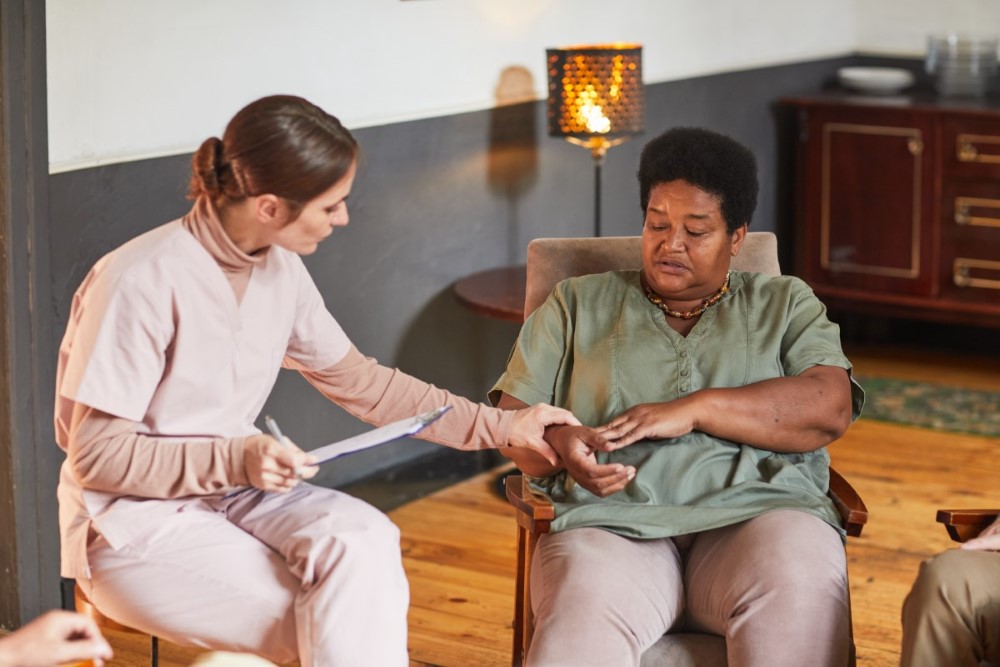Embracing Diversity in Addiction Treatment

Cultural competence in recovery programs is not just a progressive approach, but a necessary one. In a world where cultures intertwine, understanding and respecting the cultural backgrounds of individuals seeking addiction treatment is crucial. If you or a loved one is seeking help for addiction, being in a program that acknowledges and respects your cultural identity can significantly influence the recovery journey.
Why Cultural Sensitivity Matters in Recovery
Culturally sensitive approaches in addiction treatment acknowledge that recovery is not a one-size-fits-all process. Different cultural backgrounds come with unique beliefs, values, and experiences that can affect how individuals perceive and engage with treatment. For instance, a person from a culture that values community and collective decision-making may benefit more from group therapy and community-based programs.
Addressing Barriers to Effective Treatment
Cultural incompetence in recovery programs can create barriers that prevent effective treatment. Misunderstandings or misinterpretations due to cultural differences can lead to mistrust and a lack of engagement from the patient. Being aware of these potential barriers and actively working to eliminate them is essential in providing effective care.
Integrating Cultural Practices in Treatment
Incorporating cultural practices into treatment plans can enhance the effectiveness of recovery programs. This might include traditional healing practices, language-specific services, or consideration of dietary preferences and religious practices. Such integration shows respect for the individual’s background and can make the treatment more relatable and effective.
The Challenge of Stereotypes and Prejudices
One of the contentious aspects of cultural competence is navigating stereotypes and prejudices. It’s important for recovery programs to avoid generalizations and instead focus on the individual needs of each patient. This approach requires a continuous effort to educate and train staff in cultural awareness and sensitivity.
The Global Perspective on Cultural Competence
Globally, the push for cultural competence in addiction recovery is gaining momentum. It is increasingly recognized that culturally competent care is not only more ethical but also more effective. This approach aligns with the global trend towards personalized healthcare, recognizing the uniqueness of each individual’s journey to recovery.







